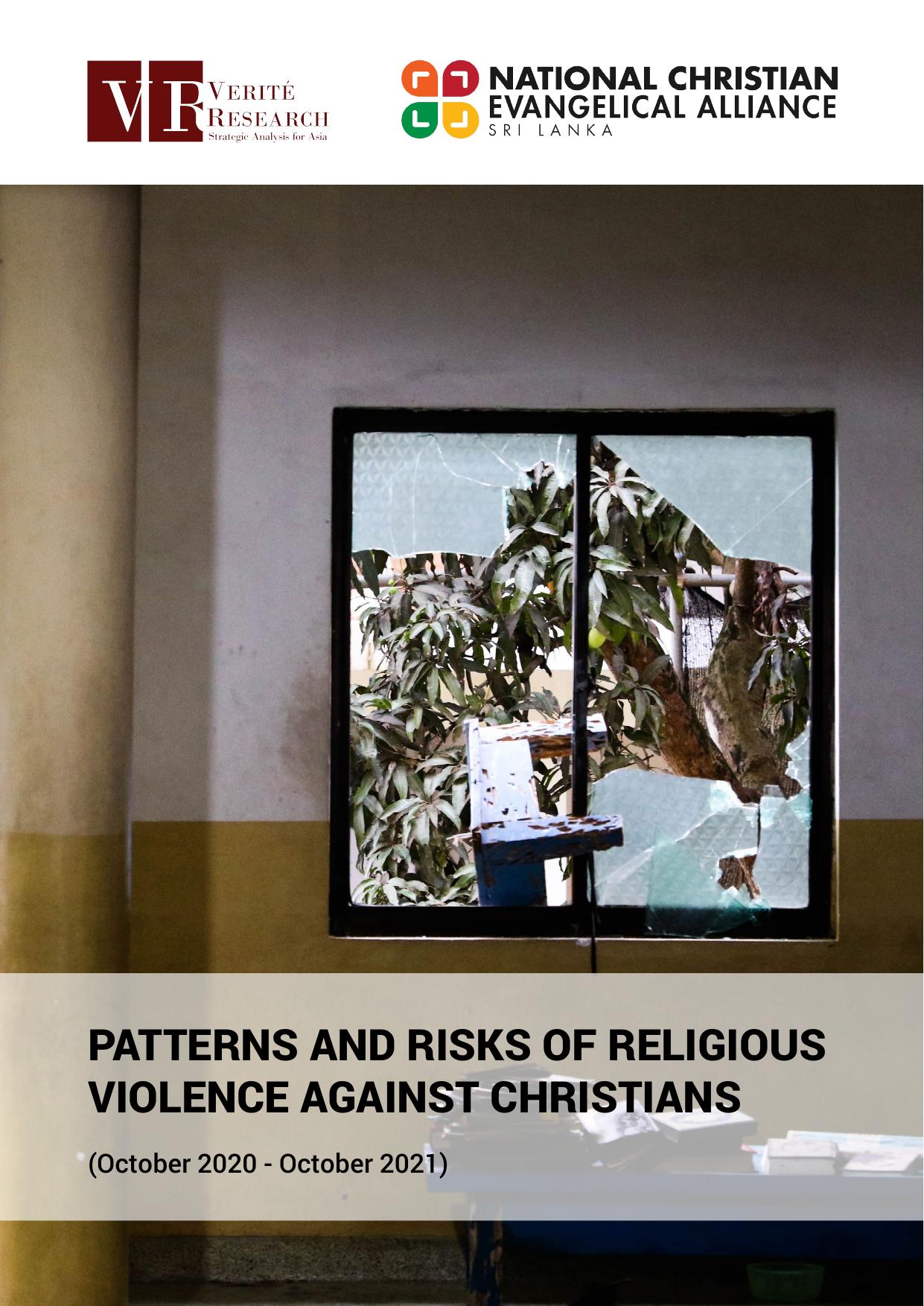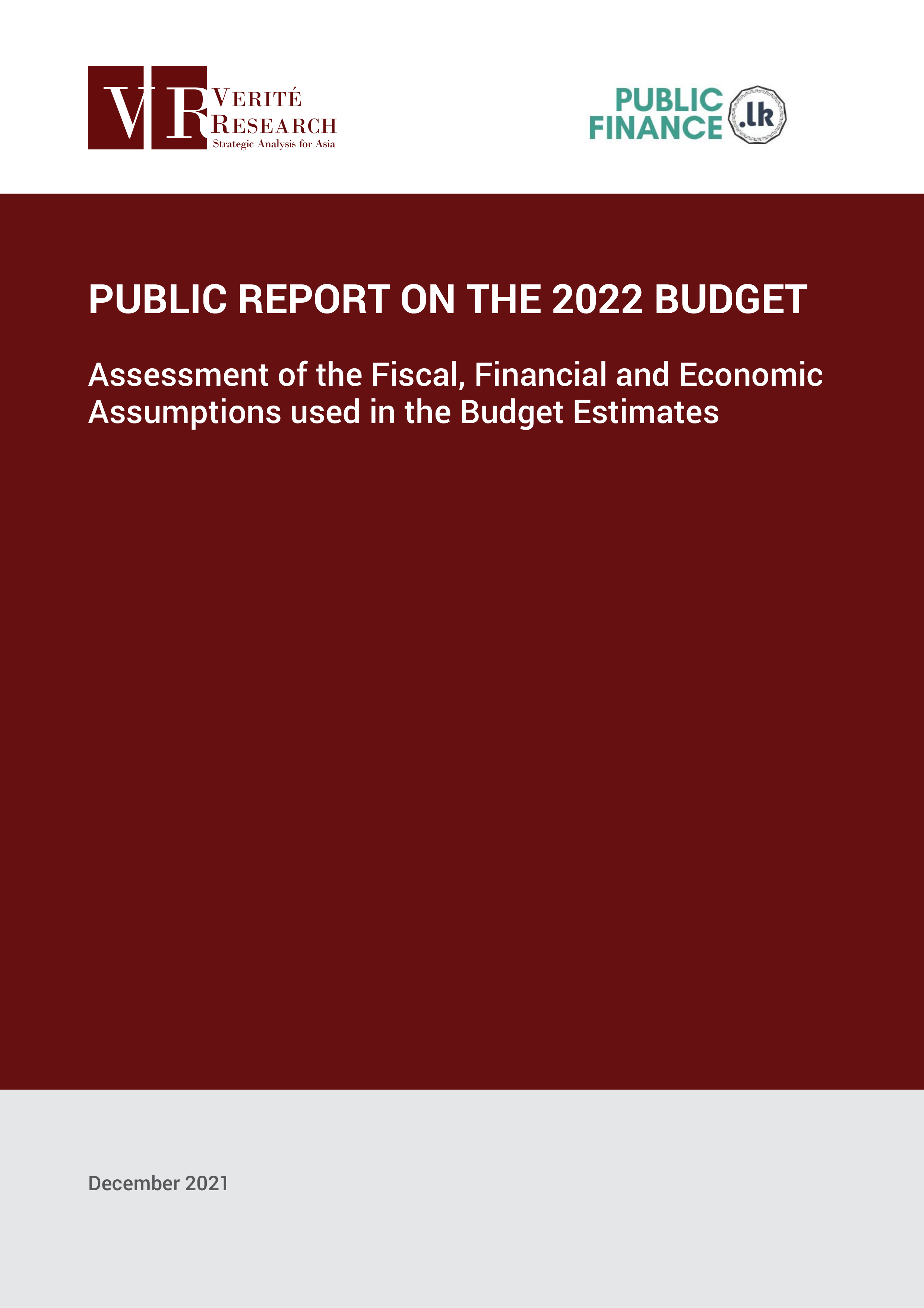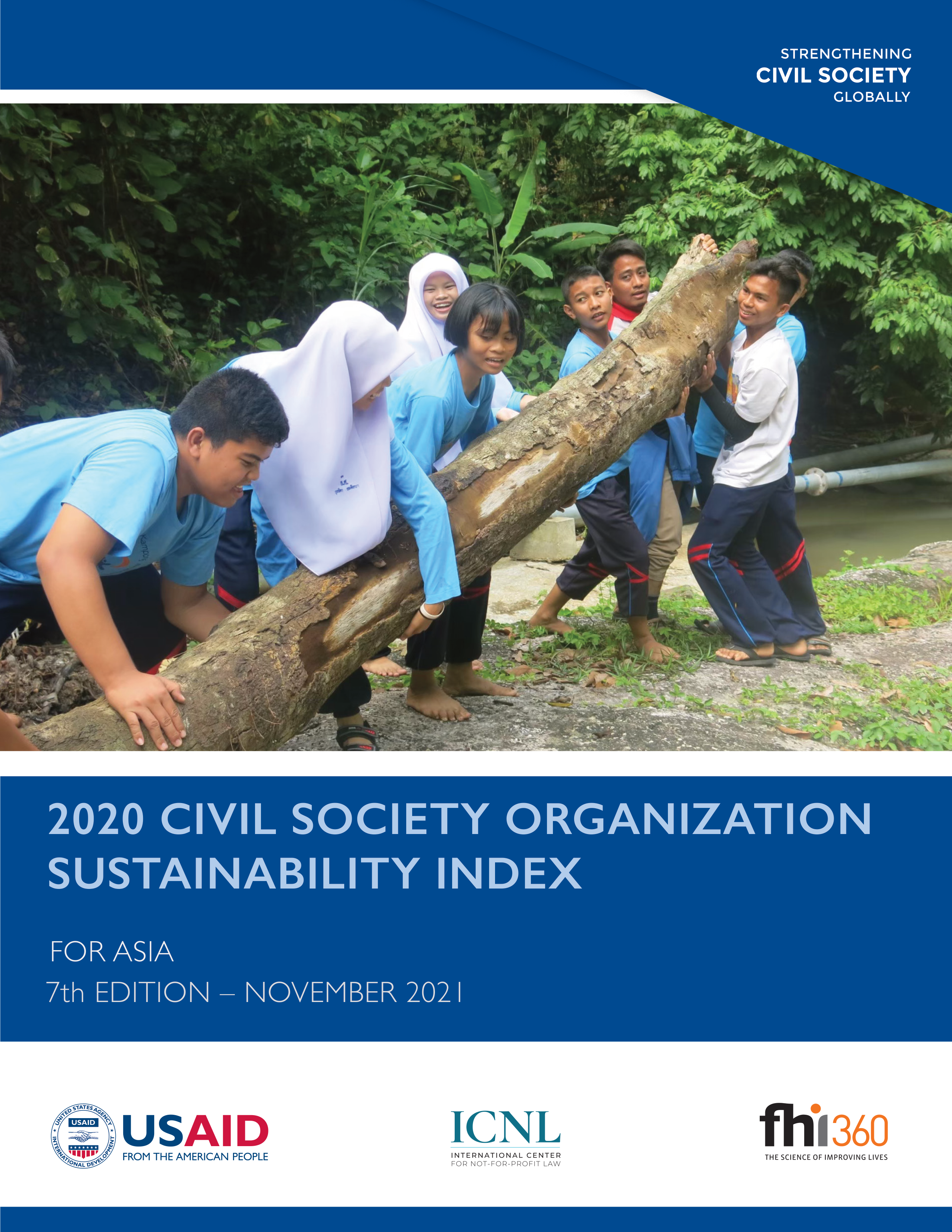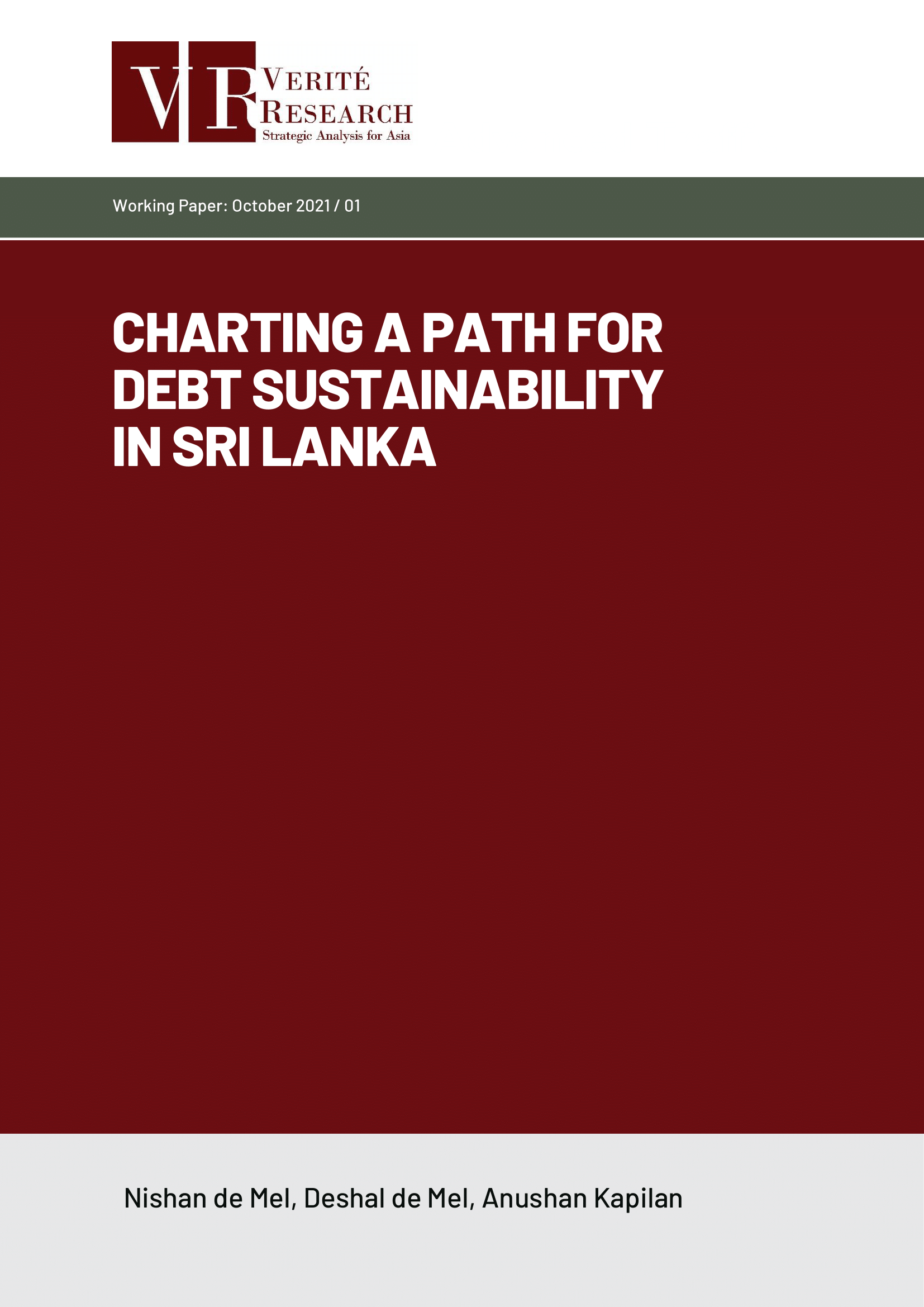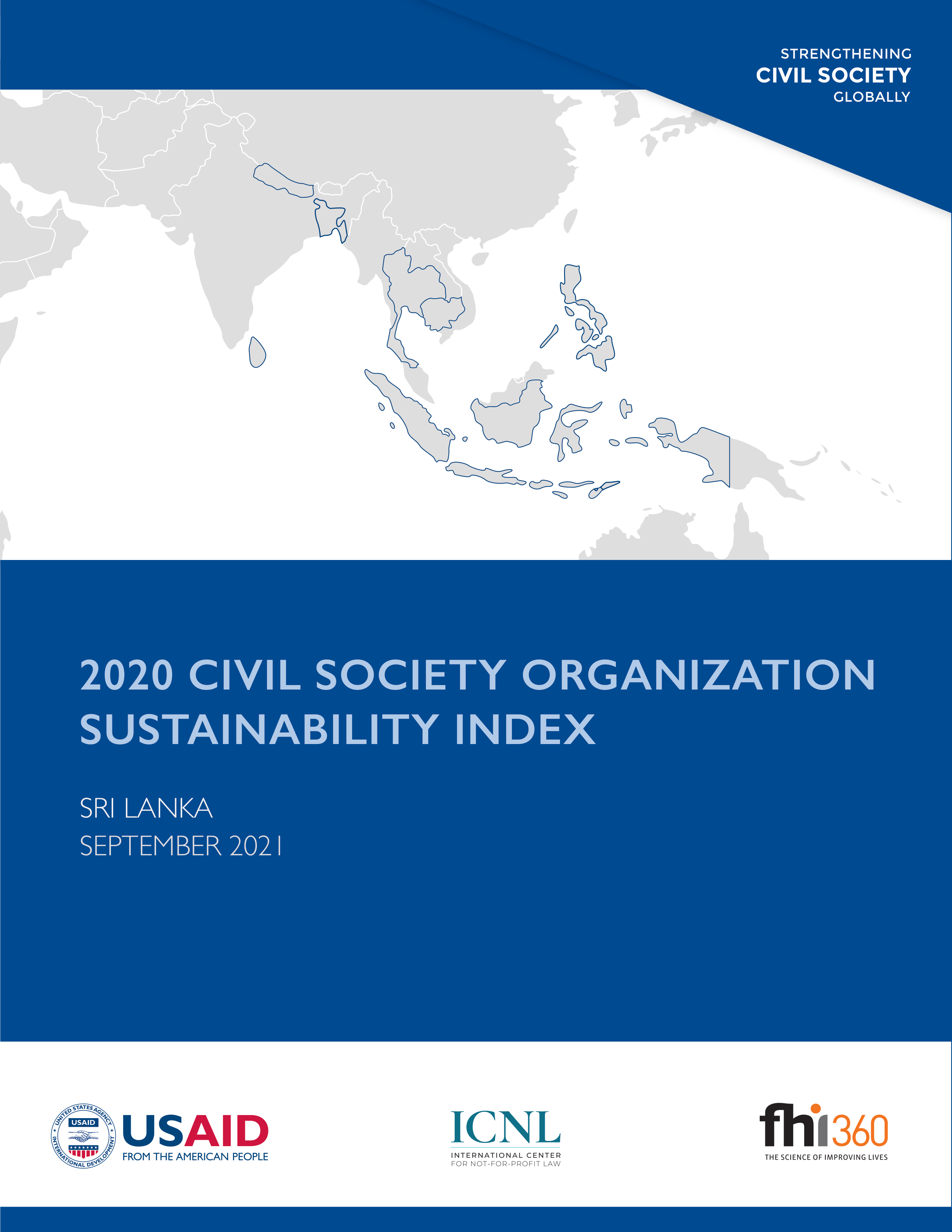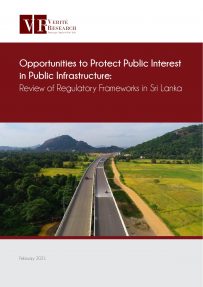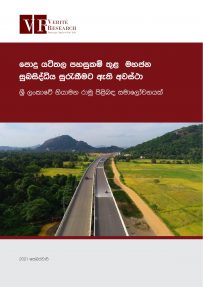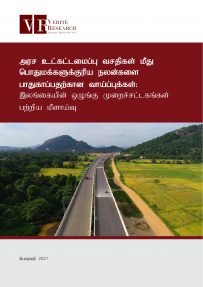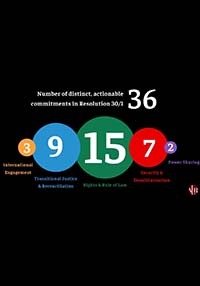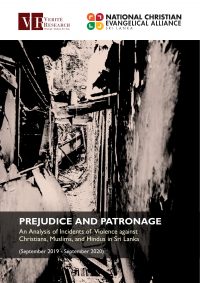Ethno-religious violence has persisted in post-war Sri Lanka irrespective of changes to the country’s political leadership. The current study unpacks the macro-level and micro-level patterns of religious violence against Christians. For this purpose, Verité Research analysed incidents of religious violence that were recorded by the National Christian Evangelical Alliance of Sri Lanka.
This report provides an assessment and analysis of the fiscal, financial and economic assumptions and estimates applied in the formulation of the 2022 Budget.
The Civil Society Organization Sustainability Index (CSOSI) assesses the sustainability of the CSO sector across several countries in different regions around the world. Since its inception in 1997, it has expanded and currently covers a total of 73 countries in 2020, including 24 in Central and Eastern Europe and Eurasia, 32 in Sub-Saharan Africa; 8 in the Middle East and North Africa; and Mexico.
Since December 2018 Sri Lanka has been subject to three notches down in rating by S&P, Moody’s and Fitch Ratings. This situation is a historical first for Sri Lanka. While many of Sri Lanka’s key macroeconomic indicators have, in the past recorded more negative levels, Sri Lanka has never in the past, been evaluated as being at such a serious level of risk, in terms of defaulting on its debt.
The Civil Society Organization Sustainability Index (CSOSI) assesses the sustainability of the CSO sector across several countries in different regions around the world.
Investment into infrastructure is vital for development. However, in the context of weak governance, public investment into large and complex infrastructure can become a fertile ground for corruption and results in unsustainable, costly, and poor-quality infrastructure that fails to meet the intended objectives.
යටිතලපහසුකම් සඳහා කරන ආයෝජනයන් රටක සංවර්ධනයට අතිශයින් වැදගත් වේ. කෙසේ වෙතත් දුර්වල පාලනයක් පවතින සන්දර්භයක් තුළ මහා පරිමාණ සහ සංකීර්ණ යටිතලපහසුකම් සංවර්ධන ව්යපෘති දුෂණයන්ට ඉතා හිතකර පසුබිමක් බවට පත්විය හැකි අතරම අපේක්ෂිත අරමුණු සාක්ෂාත් කරගැනීමට අපොහොසත් වන අධික පිරිවැයක් සහිත, ගුණාත්මක භාවයෙන් පහළ යටිතලපහසුකම් බිහිවීමටද එකී ආයෝජනයන් හේතු විය හැක.
உட்கட்டமைப்பில் முதலீடு செய்வது அபிவிருத்திக்கு இன்றியமையாதது. எவ்வாறாயினும், பலவீனமான ஆளுகையின் பின்னணியில், பெரிய மற்றும் பல்கூட்டு உட்கட்டமைப்பிற்கான அரச முதலீடு ஊழலுக்கான வளமான களமாக மாறி, விளைவாக நீடுறுதியல்லாத, செலவுகூடிய மற்றும் குறைதரமான உள்கட்டமைப்பை ஏற்படுத்துவதோடு உத்தேசித்த நோக்கங்களை நிறைவேற்றத் தவறிவிடுகிறது.
This is Verité Research’s latest study on the Sri Lanka government’s progress in fulfilling the commitments on reconciliation and accountability in UNHRC Resolution 30/1. At the 43rd session of the United Nations Human Rights Council (UNHRC) in February 2020, Sri Lanka informed of its decision to withdraw from co-sponsoring Resolution 40/1 of 2019, and its preceding Resolutions 34/1 of March 2017, and 30/1 of October 2015.
Ethno-religious violence is an enduring feature of Sri Lanka history regardless of changes to the country’s political leadership. This study offers insights in key trends and drivers of religious violence from September 2019 to September 2020. A total of 63 incidents of violence against Christians as well as episodes of discrimination against Muslims and Hindus are analysed.
